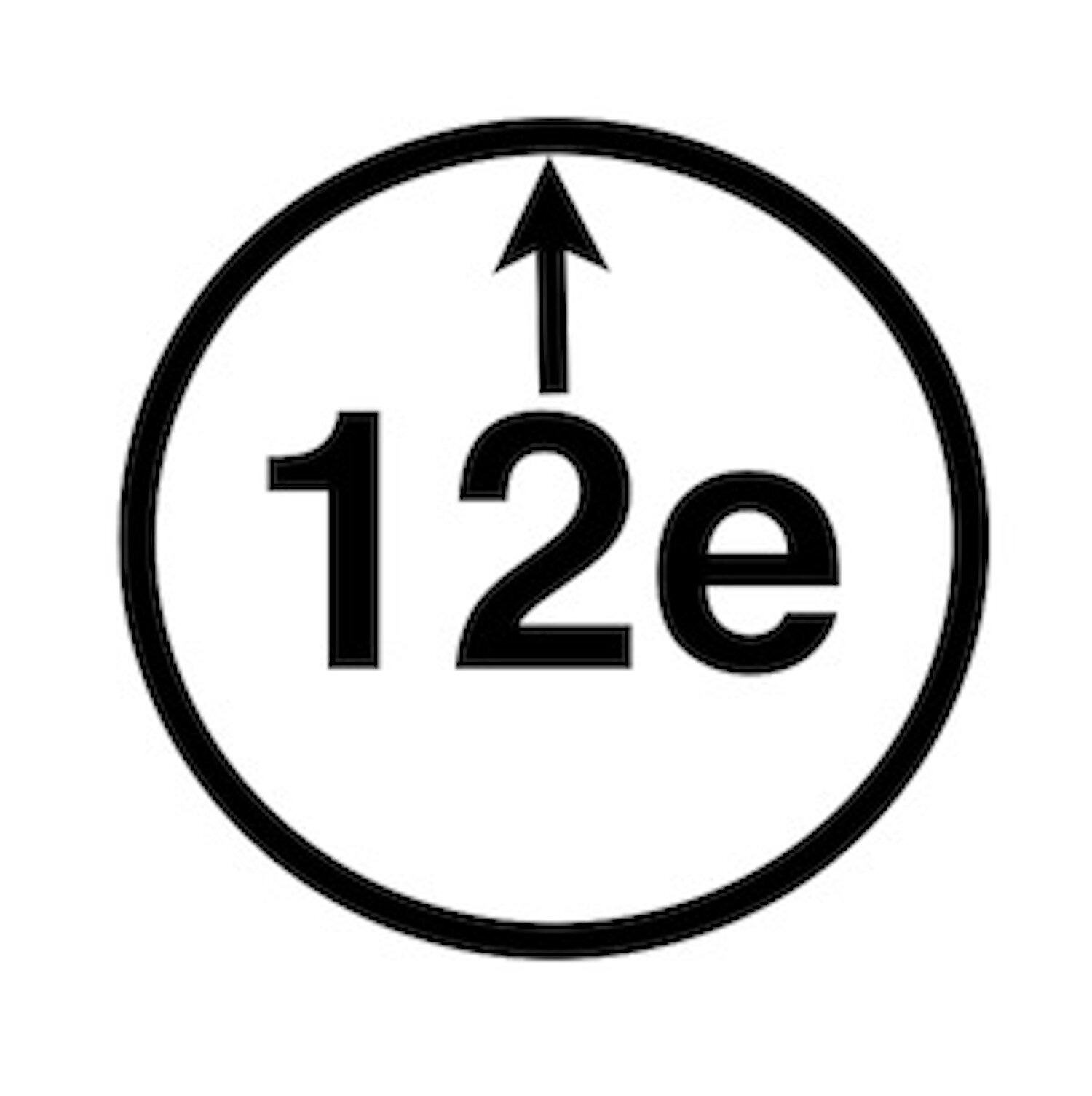Searching for Doubt
Why should doubt be important or considered?
There have been volumes and volumes of books written about doubt. There are practices of devotion and faith that employ doubt as ways of getting to know/experiencing God (see John of the Cross’ Dark Night of the Soul, or Bonaventure’s Journey of the Mind to God for some examples). There are disciplines of philosophy that actively use doubt as a method of knowing (I’m looking at you, Descartes). It is not an untapped topic, or something that no one has talked about. From Radical Theologians to Christian mystics, doubt is something that many have lifted up, celebrated, and encouraged.
Faith and certainty as a topic also has mountains of pages writing accumulated in its corner. Again, the halls of both philosophy (G.E. Moore for example) and theology (John Maxwell?) look to the notion of being sure about what you know and finding comfort in that assurance. It is a topic that is worn and well discussed. It is not an area of discussion or research that is in dire need of a fresh, new, creative voice.
And yet I feel an urgency to enter into the vast conversation between certainty and doubt. I feel a need to consider the tension between doubt and assurance within a Christian context. As a scholar, it usually is better to look at something that no one else has considered, or at least to find that angle or hook that makes your work unique and noticeable. If I were to wander into such a well-researched field, I should have a point-of-view, or approach that sets me apart and a way in which I can contribute meaningfully to the conversation. All this means I really should not consider something that is so often discussed by many well spoken, and brilliant thinkers. I should spend more time considering how the bassoon can be the key "instrument" of one's salvation. But that is not where I am feeling pulled these days.
I have doubts. There are days when I wonder if what I do for a vocation is real, is grounded in a greater reality, or is just a part of a vast illusion that has emerged out of a human need to create something bigger when nothing is really there. I have doubts that God exists, that Christ did rise again, that God is with me and is concerned about me. I have doubts that the Church will survive, that people can be saved, and the world is redeemable. I may not have these doubts all of the time, but I have them enough of the time that I need to address these doubts. I am not alone with these doubts. These doubts are not unique and, as I have said, have all been addressed and considered by much smarter, better known, and published individuals. So I should just read a lot of books, meditate, pray, and find a place for my doubts that is healthy. I don’t need to give up believing in God for a year, but I should continue to face my doubts head on and consider what it is that they may be speaking to with the help of the great thinkers and writers that surround me.
Yet I do not feel that will be enough. As a pastor I talk to people who have doubts and feel bad about it. This concerns me. It does not concern me that people have doubts, because that is a normal, human thing to experience. It concerns me that they feel guilty about it. It concerns me when a normal and natural human feeling, like doubt, brings a sense of shame and guilt. I meet with people who have a devoted faith, who have given so much to the Church and have dedicated much to Christ face doubt and feel alone in that place of uncertainty. So much has been written and discussed about doubt, and yet there are many who do not know about the ongoing conversation, and they feel alone and lost. This worries and concerns me. I do not like to see people in pain and sorrow because they question and wonder. I do not like to see people questioning their own sense of self-worth because they are human and have a drive to push and wonder. Somewhere there is a gap, there is something missing and that tells me that there is still work to do. So my simply sitting with my own doubt, praying, and listening is not enough. I want to go deeper, learn more, and find something deep and meaningful to offer.
This is why, in my own studies and spiritual practices, I am going to be doing some work on doubt and faith. I am going to approach it as if I were taking and teaching a class. I will be investigating what has been said, what has been written in both the areas of philosophy and theology (one is the handmaiden of the other). I do not know where I might end or with what, but it is my hope that in preparing and walking with the texts, having discussions, I may have a deeper sense of doubt and faith in my own life and from there I might have something to offer to the people I work with, the people in the streets and in the pews. If I can offer a way in which they can find hope in the midst of doubt and faith, then this work will be worthwhile.
